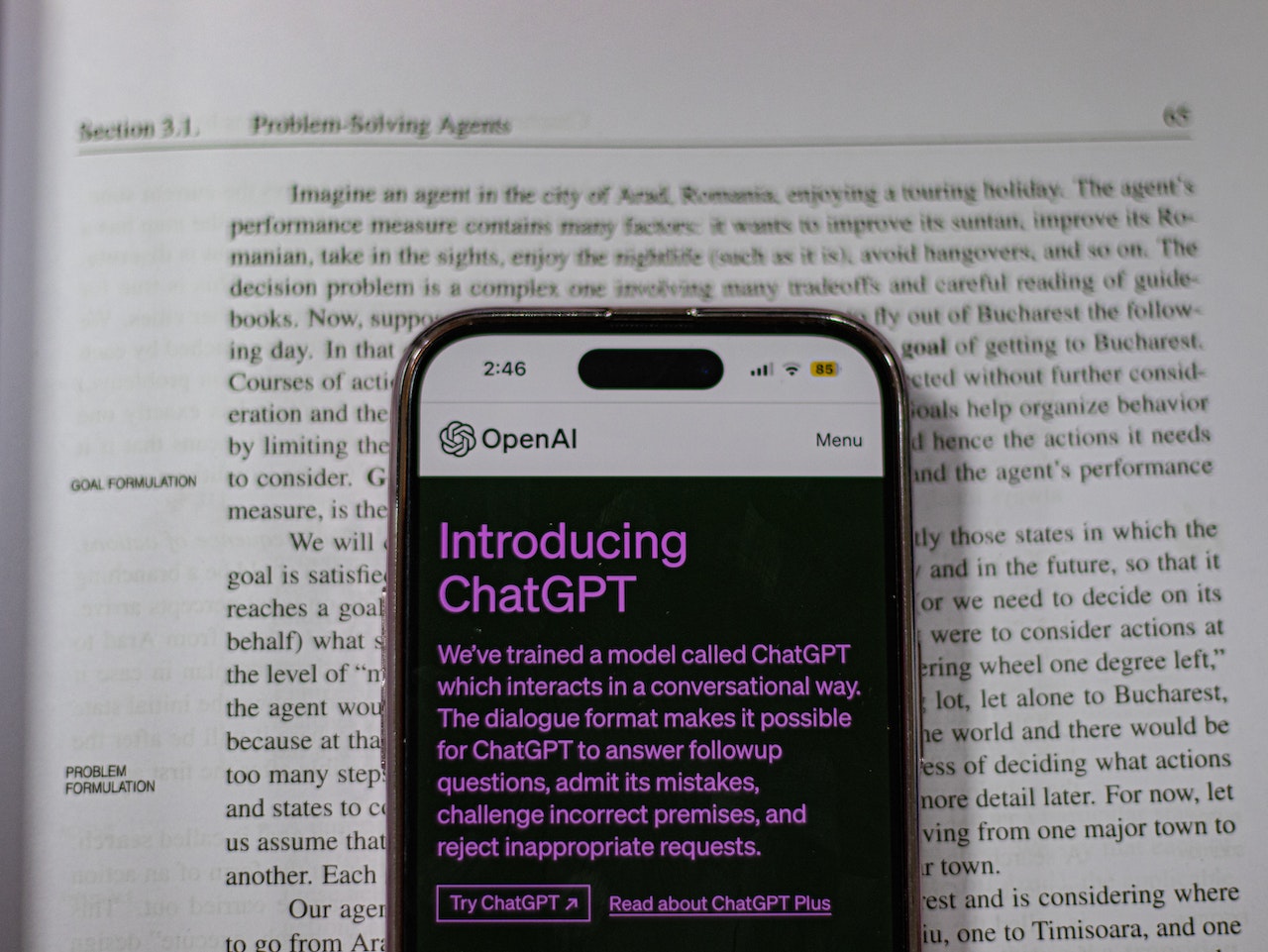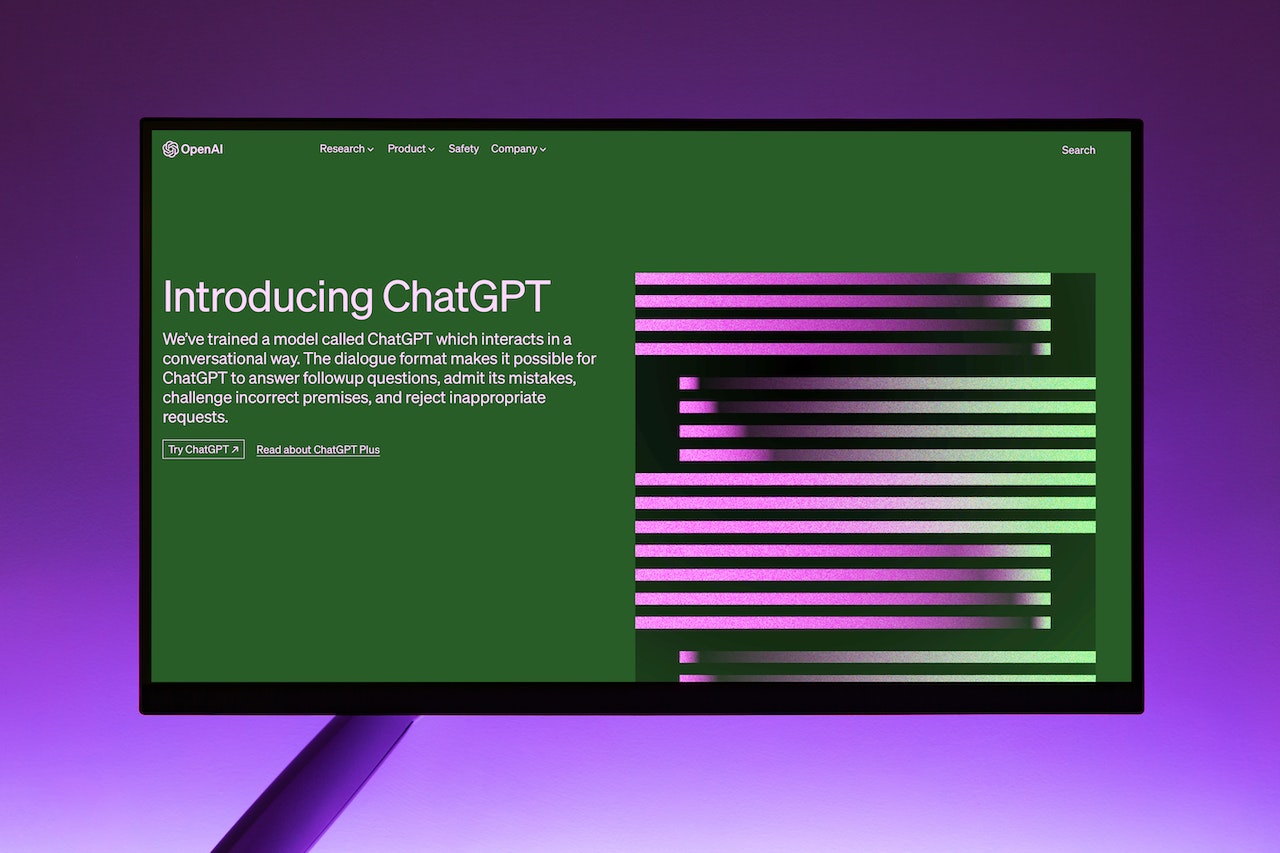In today’s digital age, businesses are constantly seeking innovative ways to engage with their target audience and enhance their marketing strategies. One such groundbreaking tool that has revolutionized the marketing landscape is ChatGPT. Powered by artificial intelligence, ChatGPT enables businesses to have interactive conversations with customers, provide real-time support, and deliver personalized experiences. In this comprehensive guide, we will explore the various ways you can leverage ChatGPT for marketing success.
How to Use ChatGPT for Marketing
As businesses strive to stay ahead of the competition, incorporating ChatGPT into their marketing arsenal can provide a distinct advantage. Here, we delve into practical techniques and strategies for leveraging this powerful AI tool.
1. Understand Your Audience and Goals
Before implementing ChatGPT for marketing, it is crucial to have a clear understanding of your target audience and marketing goals. Ask yourself questions such as:
- Who is your ideal customer?
- What are their pain points and needs?
- How can ChatGPT assist in addressing these challenges?
- What are your marketing objectives, and how can ChatGPT contribute to achieving them?
By identifying these key aspects, you can tailor your ChatGPT interactions to resonate with your audience and drive your marketing objectives.
2. Develop a Conversational Tone
When utilizing ChatGPT for marketing, it is essential to adopt a conversational tone that aligns with your brand personality. This approach helps create a more engaging and personalized experience for users. Instead of sounding robotic or overly formal, infuse your conversations with warmth, empathy, and a touch of creativity. Remember, your goal is to foster a genuine connection with your customers through AI-powered interactions.
3. Craft Compelling Openers
The first impression is crucial when using ChatGPT to initiate conversations with your audience. Craft compelling openers that captivate attention and entice users to engage further. Consider using thought-provoking questions, intriguing statements, or personalized greetings to make your ChatGPT interactions more appealing and impactful.
4. Provide Relevant and Valuable Information
To maximize the effectiveness of ChatGPT in your marketing efforts, ensure that the information and responses you provide are relevant and valuable to your audience. Understand their pain points and use ChatGPT to offer tailored solutions, recommendations, or insights. By delivering high-quality content through AI-powered conversations, you can position your brand as a valuable resource and build trust with your customers.
5. Implement Personalization Techniques
Personalization is a key driver of successful marketing campaigns, and ChatGPT offers ample opportunities to deliver personalized experiences. Leverage user data, such as browsing history or previous interactions, to tailor ChatGPT responses and recommendations. By demonstrating an understanding of each individual’s unique preferences and needs, you can significantly enhance customer satisfaction and engagement.
6. Utilize Multilingual Capabilities
In today’s global marketplace, catering to diverse language preferences is essential. ChatGPT’s multilingual capabilities allow you to engage with customers from various regions and cultures. Consider implementing language detection features to automatically identify the user’s language and respond accordingly. This ensures that your marketing efforts reach a broader audience and resonate with international customers.
Frequently Asked Questions (FAQs)
Here are some commonly asked questions about using ChatGPT for marketing:
Q1: Can ChatGPT replace human marketers?
A1: While ChatGPT is a powerful tool, it is not designed to replace human marketers entirely. Instead, it complements their efforts by automating certain tasks, providing real-time support, and delivering personalized experiences.
Q2: How can ChatGPT enhance customer support?
A2: ChatGPT can enhance customer support by providing instant responses to frequently asked questions, troubleshooting common issues, and offering personalized recommendations based on user input. This saves time and improves overall customer satisfaction.
Q3: Is ChatGPT suitable for small businesses?
A3: Absolutely! ChatGPT’s scalability and affordability make it an excellent option for small businesses. It enables them to deliver high-quality customer experiences without the need for extensive resources or a large support team.
Q4: Can ChatGPT generate marketing content?
A4: ChatGPT can generate basic marketing content, such as product descriptions or social media posts. However, for more complex and strategic marketing content, human input and oversight are still necessary to ensure brand alignment and quality.
Q5: How can ChatGPT help in lead generation?
A5: ChatGPT can assist in lead generation by engaging with website visitors, capturing their information, and providing relevant resources or offers. By initiating conversations and nurturing leads, ChatGPT can contribute to the growth of your customer base.
Q6: What are the potential challenges of using ChatGPT for marketing?
A6: Some challenges include ensuring accurate responses, avoiding biases, and addressing the limitations of AI. It is crucial to continuously train and monitor ChatGPT to maintain its effectiveness and provide a seamless user experience.
Conclusion
Incorporating ChatGPT into your marketing strategy can unlock exciting possibilities for engaging with your target audience and driving business growth. By understanding your audience, adopting a conversational tone, and delivering valuable content, you can harness the power of AI to create meaningful connections and enhance customer experiences. Embrace ChatGPT as your AI marketing partner and stay ahead in the competitive landscape.





